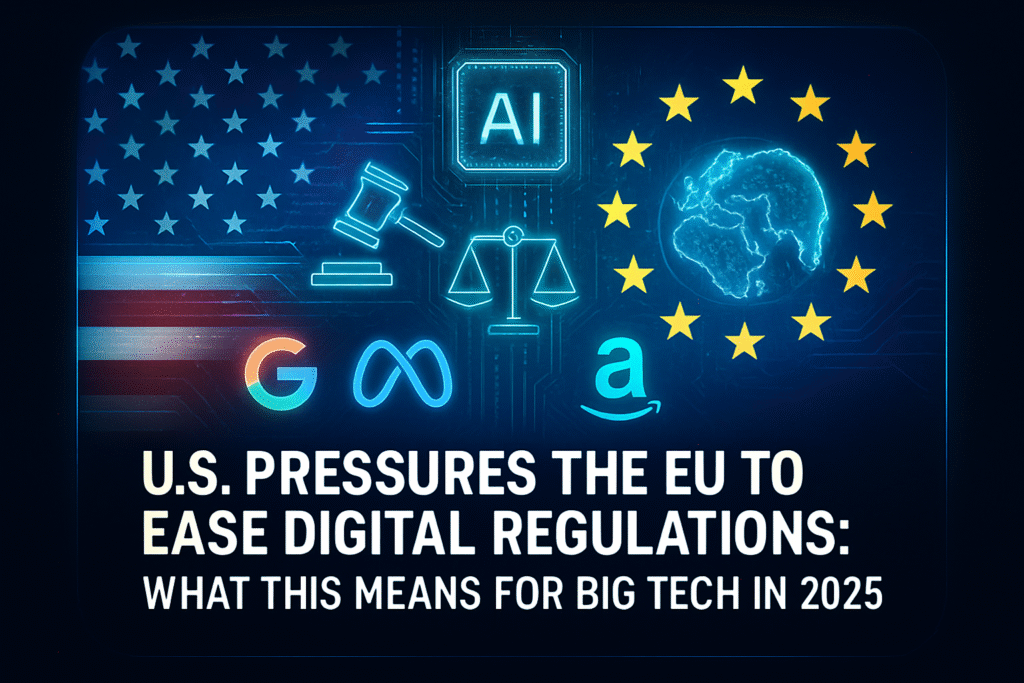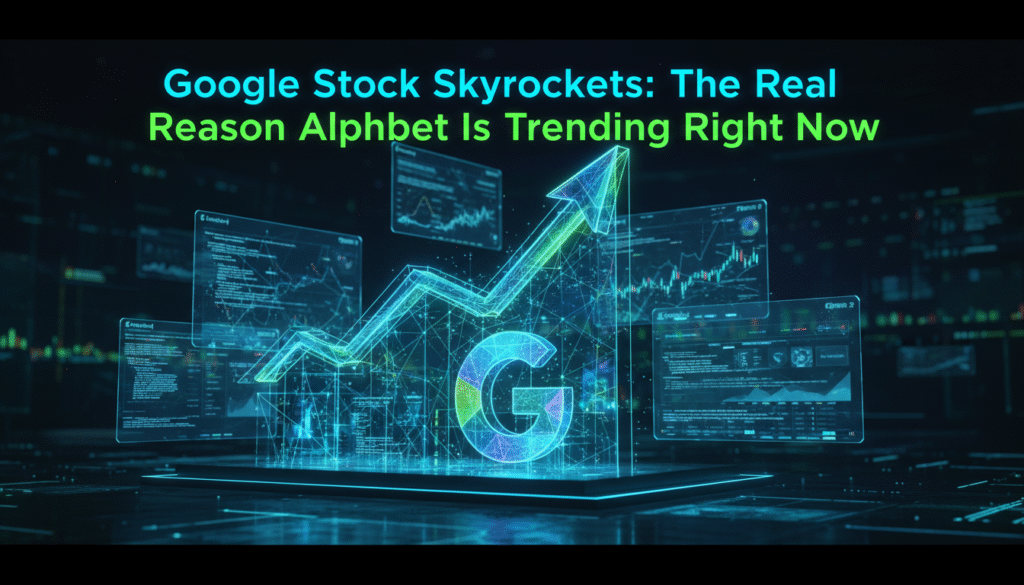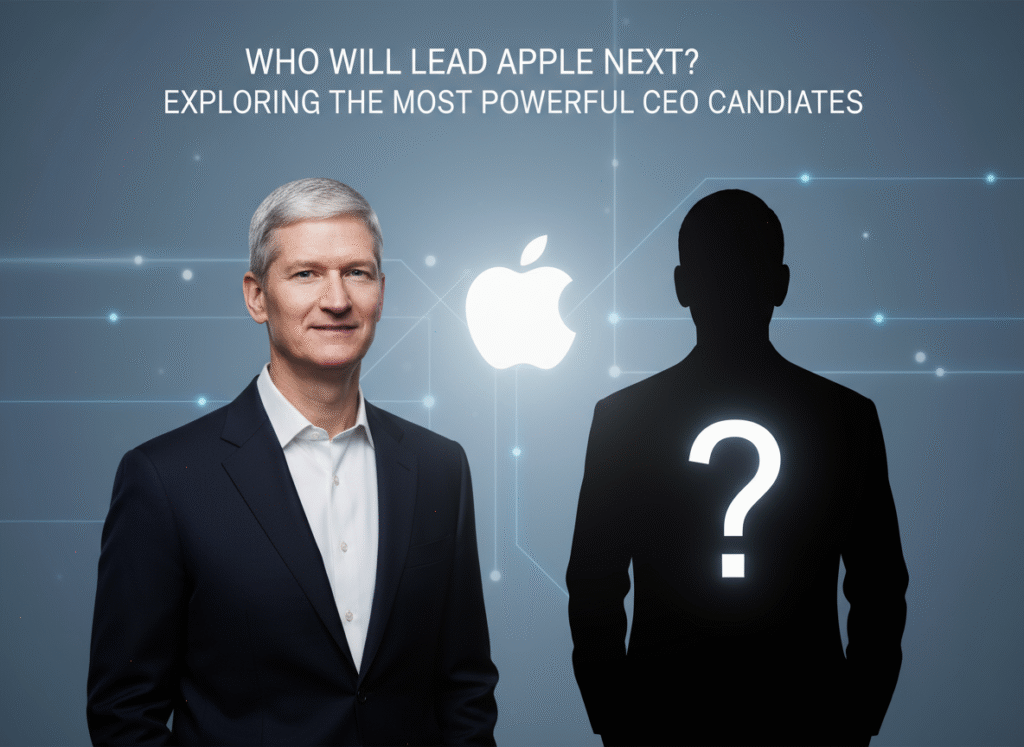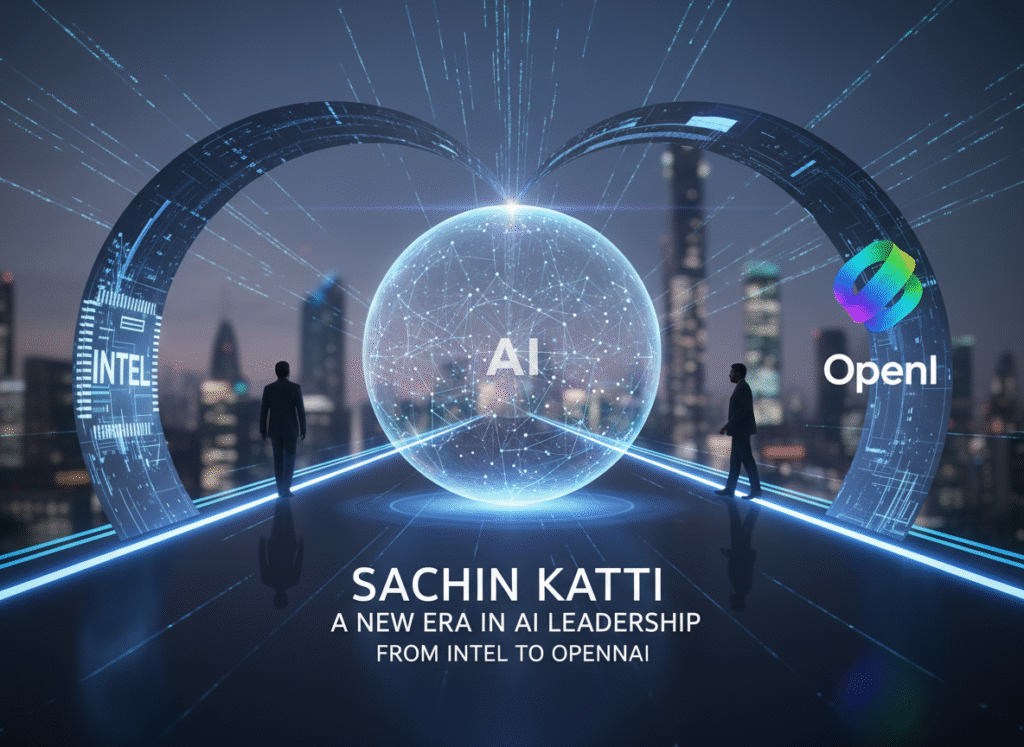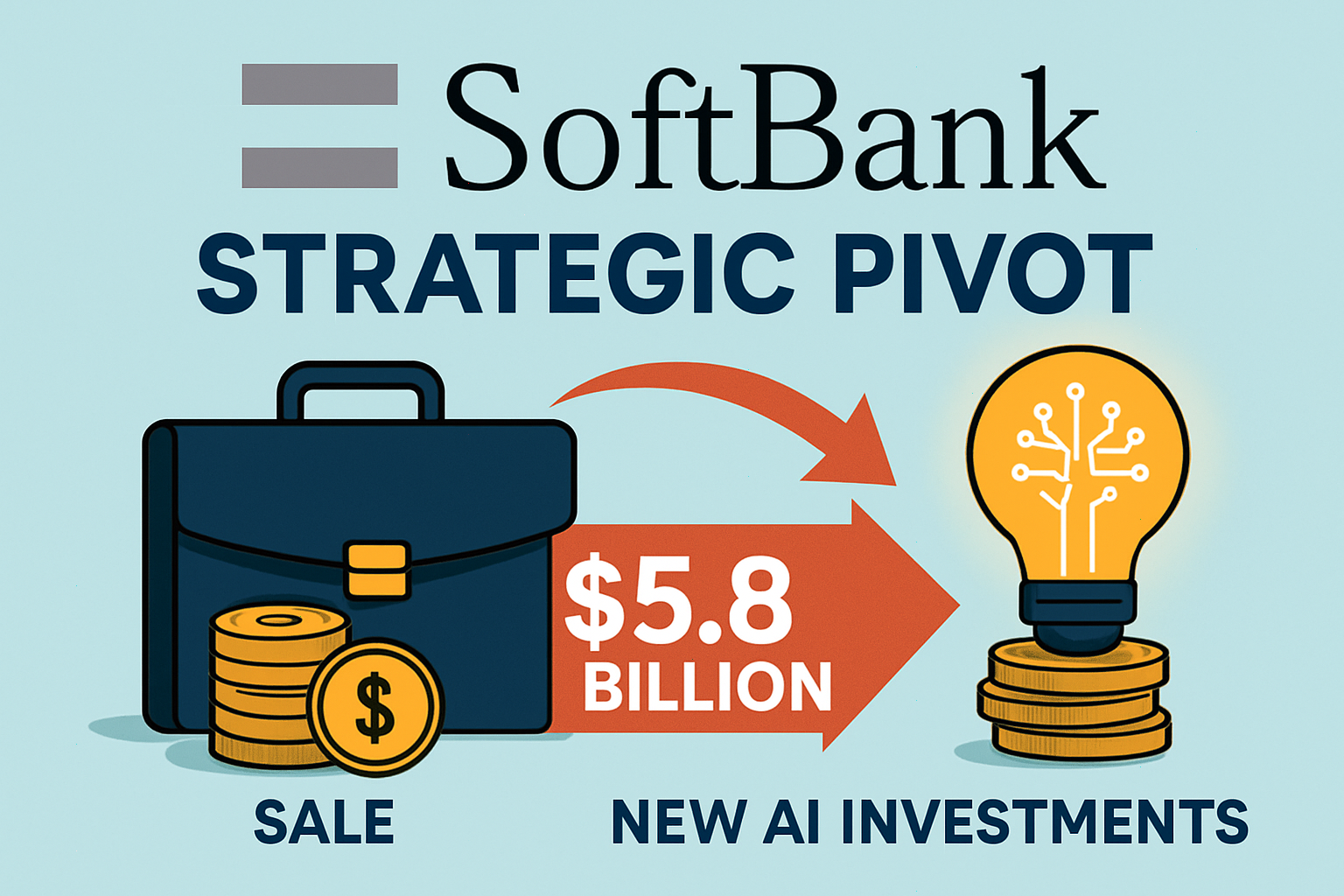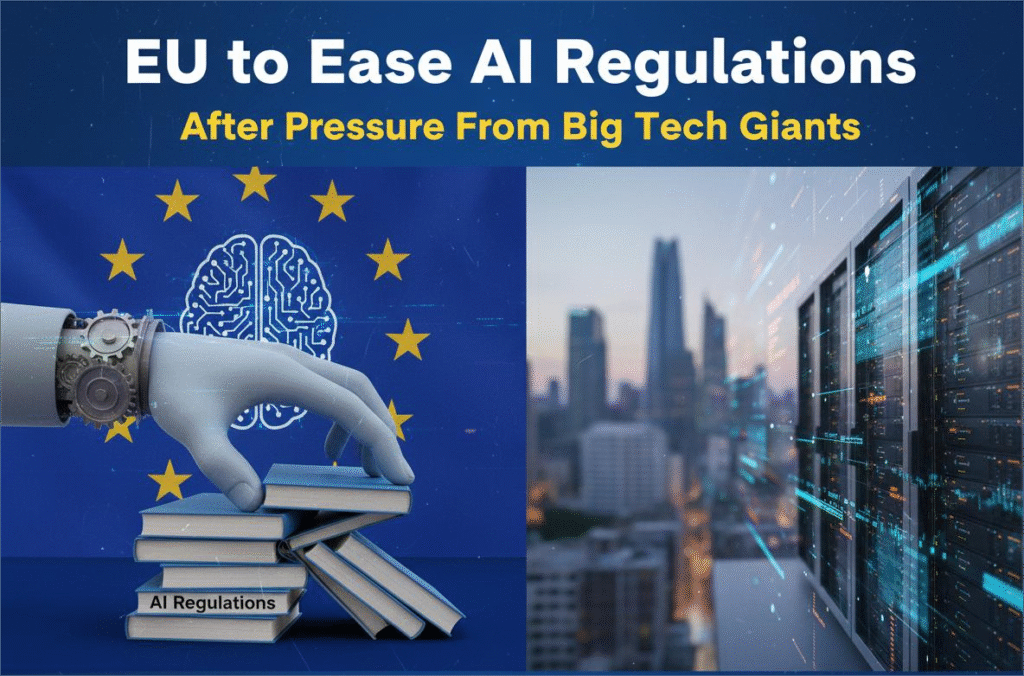
The world of artificial intelligence (AI) continues to evolve rapidly in 2025, transforming industries, economies, and everyday life. From generative models to autonomous systems and real-time language processors, AI is no longer just a buzzword—it’s a driving force behind global innovation.
In this article, we break down the most important AI news of 2025, including technological breakthroughs, government policies, corporate strategies, and ethical concerns that are shaping the AI landscape today.
1. OpenAI and Google Race Toward General AI
The rivalry between OpenAI and Google DeepMind has intensified in 2025, with both companies showcasing early forms of Artificial General Intelligence (AGI). While these models still fall short of true human-like reasoning, the latest versions can now learn from fewer examples, self-improve, and generate complex code, raising both excitement and concern.
Notable Update: OpenAI’s GPT-5.5 and DeepMind’s Gemini Ultra are reportedly achieving near-human performance on multi-task reasoning benchmarks.
2. AI Regulation Becomes a Global Priority
After years of delays, 2025 has become a turning point for AI regulation:
- The European Union has implemented its AI Act, enforcing transparency, safety standards, and prohibiting certain surveillance technologies.
- The United States has created a National AI Safety Board, focused on evaluating high-risk AI systems.
- In China, AI development is tightly regulated, with mandatory audits for generative models.
Why it matters: These policies could become templates for global AI governance—impacting companies, developers, and users alike.
3. Specialized AI Chips Are Transforming Computing
Tech giants like NVIDIA, AMD, and new players like Tenstorrent are racing to develop more efficient AI-specific chips. These chips are optimized for tasks like deep learning training, edge computing, and on-device inference.
- NVIDIA’s Blackwell architecture, launched in Q2 2025, promises a 40% performance boost over previous generations.
- Apple is integrating Neural Engine 2.0 into all new devices, allowing real-time AI features with minimal energy consumption.
Impact: These advancements are reducing latency, improving privacy, and enabling AI to run locally on mobile devices.
4. AI in Healthcare and Life Sciences
In 2025, AI is proving transformative in healthcare:
- AI drug discovery has accelerated timelines from years to months.
- AI diagnostic tools, now approved by the FDA and EMA, are used for early cancer detection, retinal imaging, and cardiac predictions.
- Personalized medicine powered by AI models is being tested in clinical trials across Europe and Asia.
Breakthrough: Google’s Med-PaLM 3 model is helping doctors draft treatment plans and identify potential adverse reactions before they occur.
5. Generative AI Goes Multimodal
The latest wave of multimodal AI—models that understand text, images, audio, and video—are unlocking new creative and practical possibilities.
- OpenAI’s Sora, a video generation tool, is gaining traction in the entertainment and advertising industries.
- Startups like Runway and Pika are offering creators AI-powered editing suites.
- Text-to-3D technology is now being used in architecture, game development, and fashion prototyping.
Trend: Creative professionals are leveraging these tools to reduce costs and accelerate production timelines.
6. Ethical Dilemmas and Misinformation
Despite the benefits, concerns are growing:
- AI-generated misinformation is becoming harder to detect, especially with realistic voice cloning and deepfake videos.
- Job displacement in sectors like customer service, logistics, and design is increasing.
- Bias and discrimination in AI models remain a problem, especially in law enforcement and hiring platforms.
Response: Universities, think tanks, and NGOs are pushing for ethics-by-design frameworks and transparent AI audits.
7. AI and Climate Solutions
AI is also being used to fight climate change:
- Smart grids powered by AI optimize energy usage in real time.
- AI climate models predict extreme weather events with higher accuracy.
- Robotics and machine learning are helping in ocean cleanup and reforestation efforts globally.
Outlook: While AI consumes energy, innovations in AI-driven sustainability may help offset environmental costs.
Conclusion
As we move further into 2025, artificial intelligence continues to expand its reach across all sectors of society. From groundbreaking research in AGI to global policy shifts and real-world applications in healthcare, creativity, and sustainability, the AI revolution is both thrilling and complex.To stay competitive and responsible, individuals and businesses must understand these trends, adapt to new technologies, and engage with ongoing debates about the future of AI.
